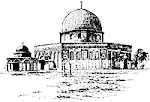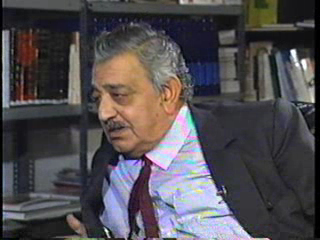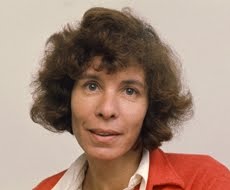Due to vacation this blog will be closed (or almost closed, depending on the circumstances) till the beginning of August. Starti ng 1 or 2 August it will, hopefully, be bussiness as usual.
-
Jew in Arabia, goy in Israel



| The Ariel Academic Center (AP)
Israel has increased the probability of academic boycotts, after the college for higher education in the settlement of Ariel has been accorded university status. Israeli media reported on Tuesday that members of the "Council for Higher Education in Judea and Samaria" -- the West Bank -- voted by 11 to two to recognise the college of higher education at the Ariel settlement as a university.
Israel's Council for Higher Education, which regulates the seven universities in the Jewish state, opposed the move. But professor Amos Altshuler, head of the "Council for Higher Education in Judea and Samaria," told public radio: "The law obliges us to ask the advice of the Council for Higher Education, but we are not obliged to follow it." Minister of Education Gideon Sa'ar expressed his support for the move, although he is chairman of the
state's Council for Higher Education. The
15-member Judea and Samaria education panel was established in 1997
after the state's council refused to discuss issues involving academics
in the territories. The law
establishing the council was signed by the commander of the Israel
Defense Force's Central Command.
Apart from Gideo Sa'ar, Yuval Steinitz (finance) -- also expressed his support for the move. He said he had some 'special funds' reserved for it. Leftists, Arab Israelis and several universities oppose it, citing the risk of an international boycott targeting Israeli universities in general.
The recognition as a university must still be ratified by the army, which is the highest authority in the West Bank. That, however, is thought to be a formality. Set up in 1982 as an annex to Bar Ilan University, Ariel has 21,000 students in four faculties (medicine, engineering, natural sciences and social sciences) and also has at its disposal architecture and telecommunications facilities.
|
 |
| Sheikh Nimr Baqr al-Nimr |
 |
| Protesters in Qatif holding posters of the sheikh (Reuters) |
 |
| Morsi |
 |
| Hani al-Hassan |
| Bashar and Manaf during military training in the 90-ties |